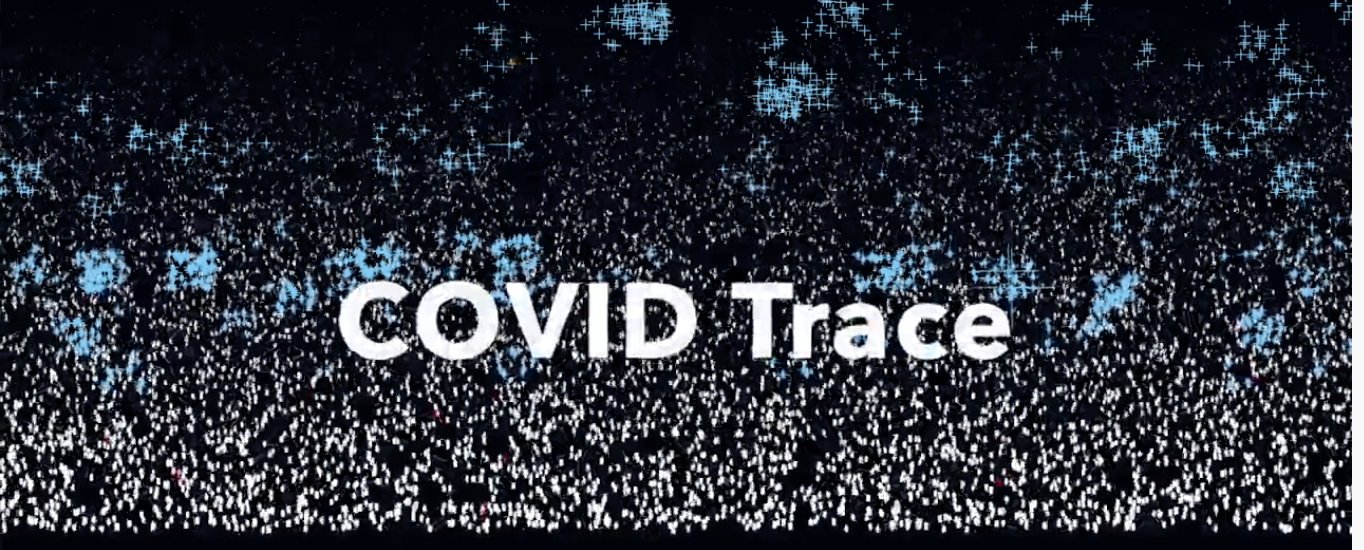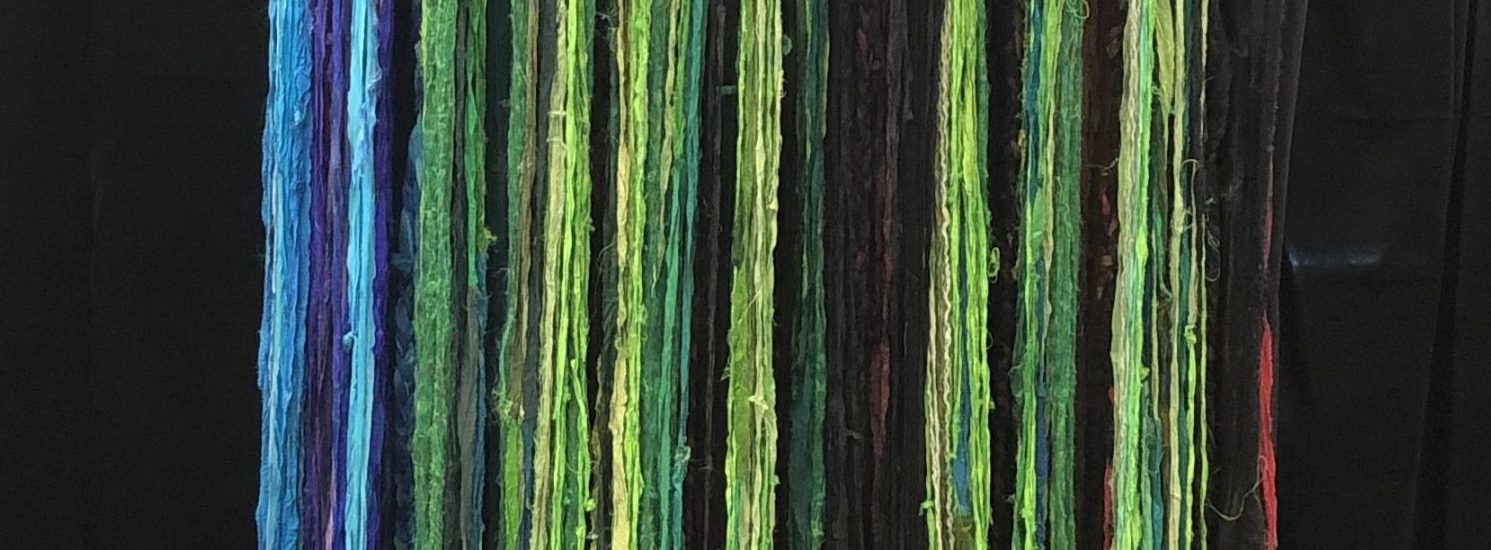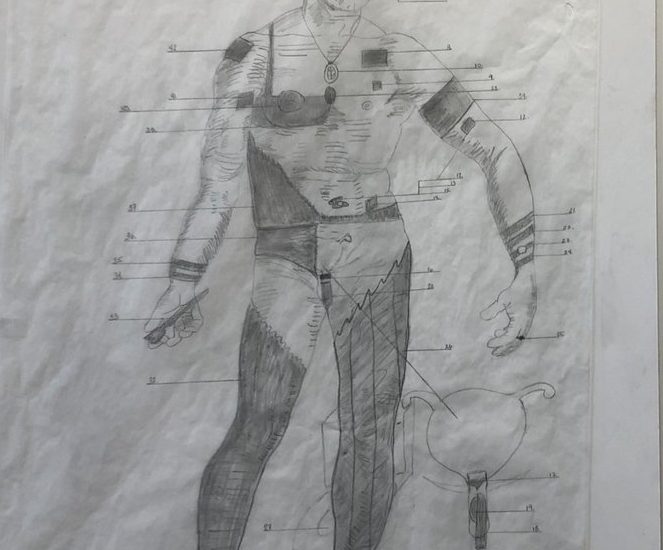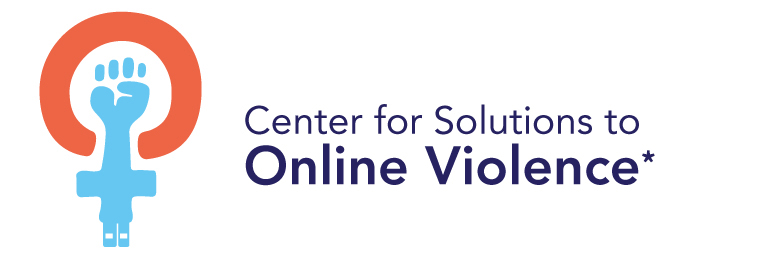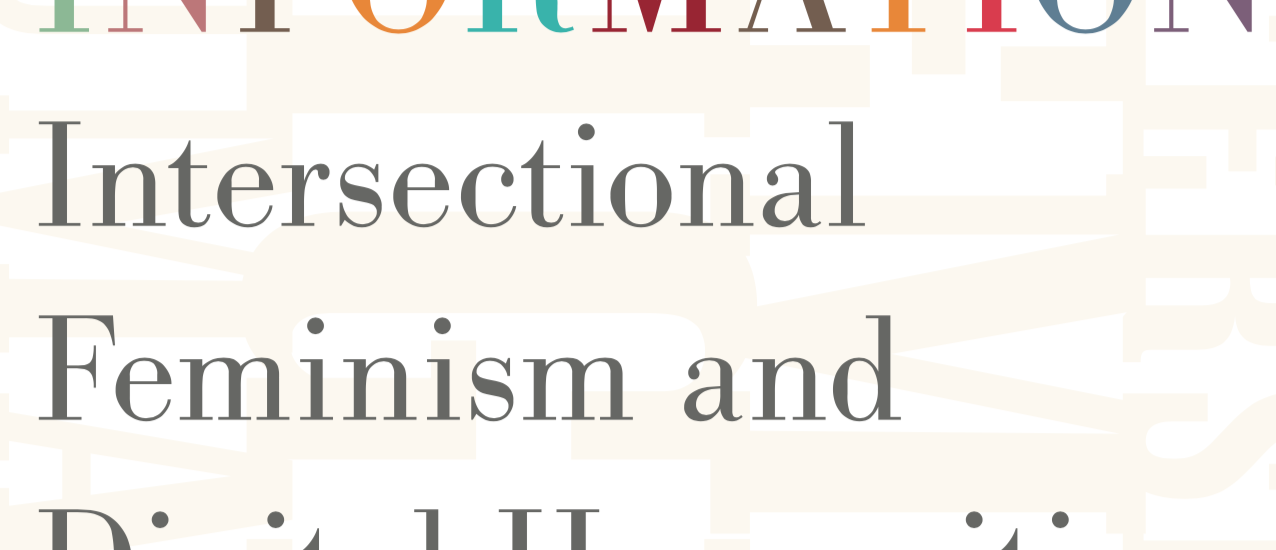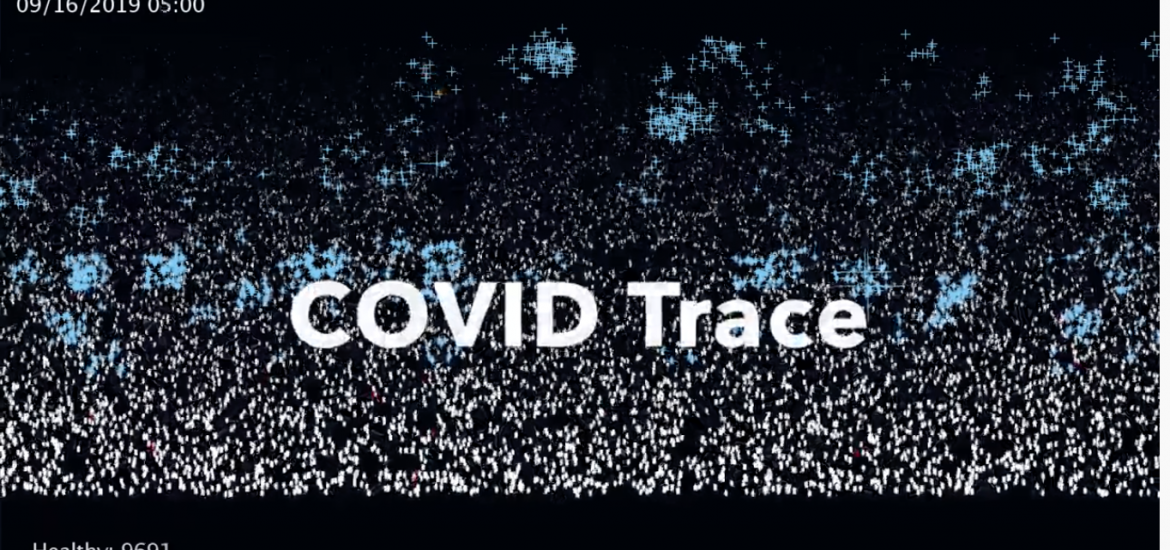The Trace Project is a collaborative, exploratory, creative data visualization/materialization project created by Nikki Stevens, Christiana Rose, and Jacque Wernimont. Jointly supported by Dartmouth’s Neukom Institute and the Digital Humanities and Social Engagement Cluster, Trace was initially conceived as an opportunity to understand more about three dimensional data representation. With the outbreak of the COVID pandemic, we’ve had to adjust our original work plan and have been working on developing […]
Visualizing Energy Data or Visceralizing Energy Transitions

I’m stealing a moment from my weekend to put up a few in progress images and a short intro to a collaborative project that I’m really excited about. Titled “Energy Pools,” this piece was first conceived in late 2019 with Nikki Stevens. Imagining and prototyping began in earnest in January of 2020 and included Dartmouth undergraduate Caroline Casey. Then, as with so much research and work in 2020…Covid-19 transformed everything. […]
An AI/Machine Behavior Working and Angry Bibliography
Regular readers will know that I tend to respond to exclusionary, “field-defining” statements with bibliographies designed to highlight the work of people who have long been working on a particular topic. Below is the working document pulled from the google doc where it was created. If you’d like to add to the bibliography, please feel free to do so. This #AngryBibl was initiated by me and Nikki Stevens and published […]
WoundPerson

This is a project to help you visualize how much & what kind of data you are sharing when you use a wearable and/or implantable device. While self-tracking can be/can seem benign, the third-party collection and sharing of gathered data puts you at risk once data leaves your control. This is the first public iteration for WoundPerson and we would love your thoughts and reactions. Email: send your thought to us […]
Center for Solutions to Online Violence

According to a recent Pew Study, 1 in 4 women have experienced online stalking or sexual harassment. Labeled as “social justice warriors,” prominent journalists, media makers, and bloggers have been harassed and threatened for writing about economic inequality, education, and racism in popular culture. The culture of fear that is being created impacts not just professionals, but more perniciously, young women and men who are developing their habits and protocols […]
Park Central Mall
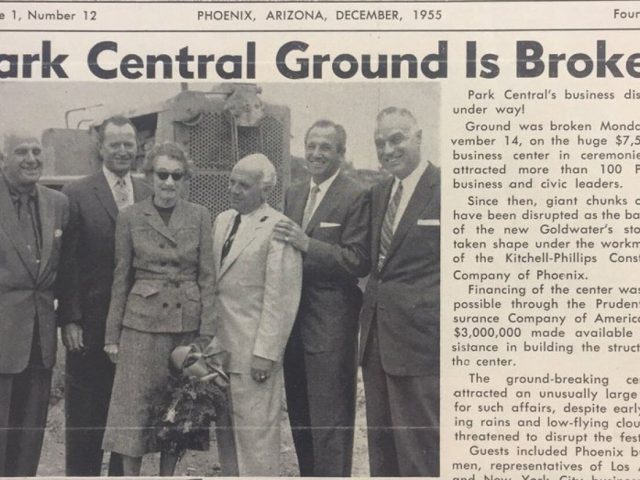
The site of Phoenix’s first shopping mall, Park Central Mall is undergoing renovations to revitalize and return the property to its stature as a hub for community gathering. During the preparations for renovations 20 volumes of clippings were found in the mall basement, some from as early as the 1950s ground breaking of the mall. These are the basis of a new Nexus Co-operative project to preserve and share the stories of […]
Border Quants

Border Quants is a collective of artists and scholars conducting research related to digital human rights, personal data protection, and decolonial approaches to data use. The collaborating artists and scholars include Jessica Rajko (ASU), Marisa Elena Duarte (ASU), Jacqueline Wernimont (ASU), Patricia Garcia (Michigan), Heather Ross (ASU), and Marika Cifor (Bowdin). Our motivating questions include: What is the long history of uses of data with regard to cycles of oppression and discrimination? […]
Bodies of Information: Feminist Debates in Digital Humanities
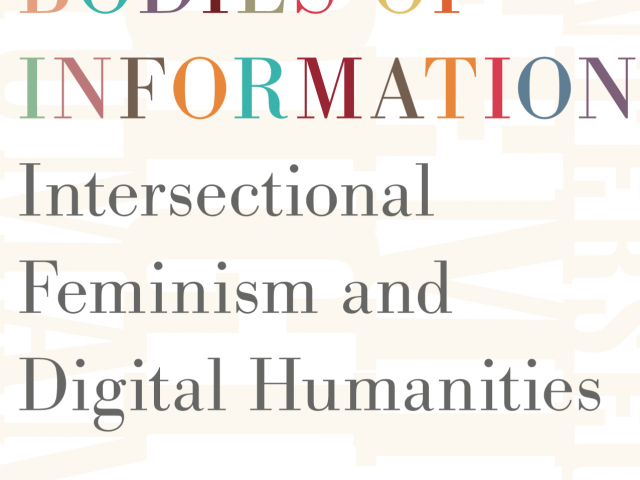
Bodies of Information: Feminist Debates in Digital Humanities is a new edited collection that will be out with the University of Minnesota Press in late 2018. Can the digital humanities complicate the basic assumptions of tech culture, or will this body of scholarship and practices simply reinforce preexisting biases? Bodies of Information addresses this crucial question by assembling a varied group of leading voices, showcasing feminist contributions to a panoply of topics, including ubiquitous computing, game studies, new materialisms, and cultural phenomena like hashtag activism, hacktivism, and campaigns against online misogyny.
Numbered Lives: Life and Death in Quantum Media
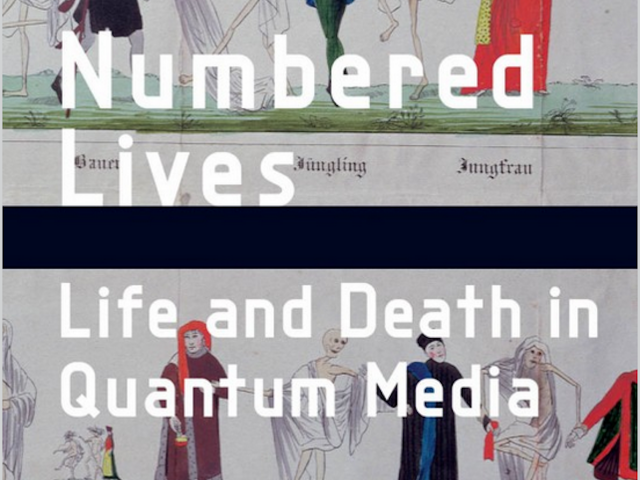
Numbered Lives came out with MIT University Press in 2019. Using a two part structure to historicize the counting of life and death in Britain and the United States, Numbered Lives is a much needed history of the role of colonial, corporate, and religious thinking in our modern quantified lives. Two major media, pedometers and mortality tables, are featured in this wide-ranging trans-Atlantic media history.
Counting The Dead: Arizona and the Forgotten Pandemic

“Counting the Dead in the Forgotten Epidemic” is a series of archival projects, multimedia installations, and public events that focus on the 1918 Influenza pandemic. In each of the series, my team and I work to recover a full account of influenza mortalities in a particular locality. We then take that archival work and re-embody the quantitative and qualitative data in a mixed-media installation that encourages people to sit with […]
